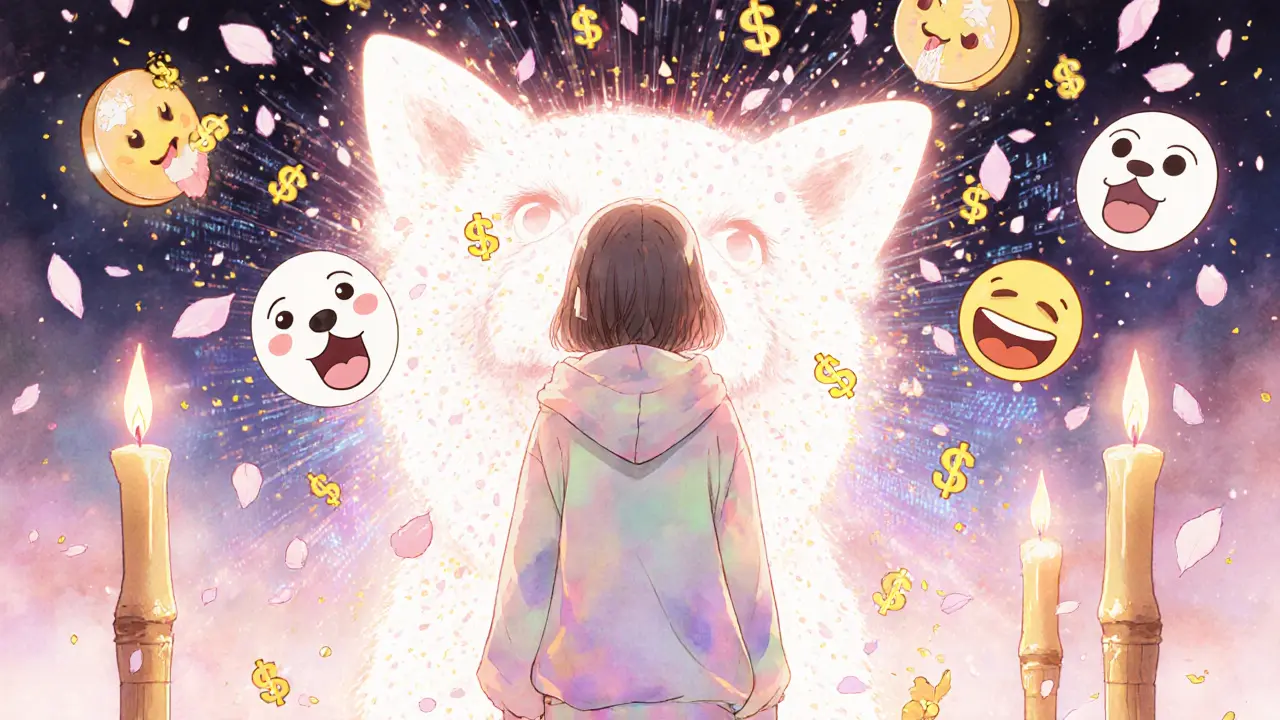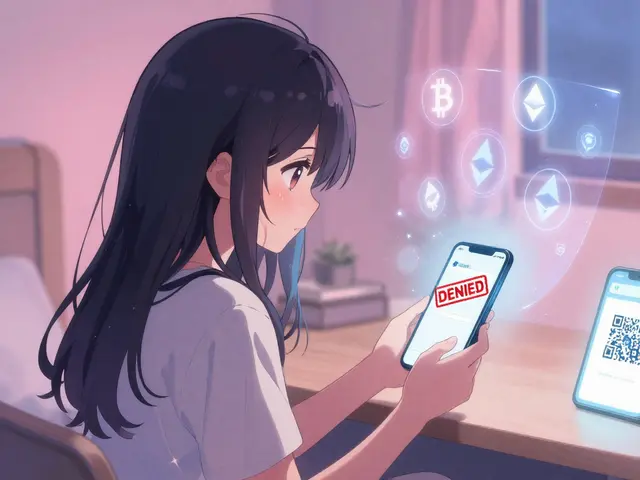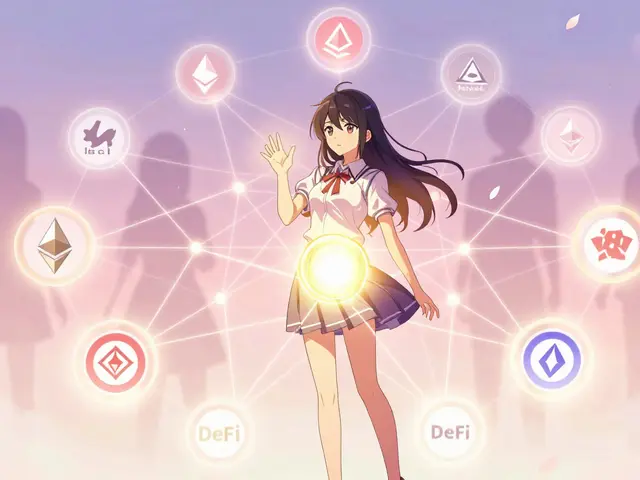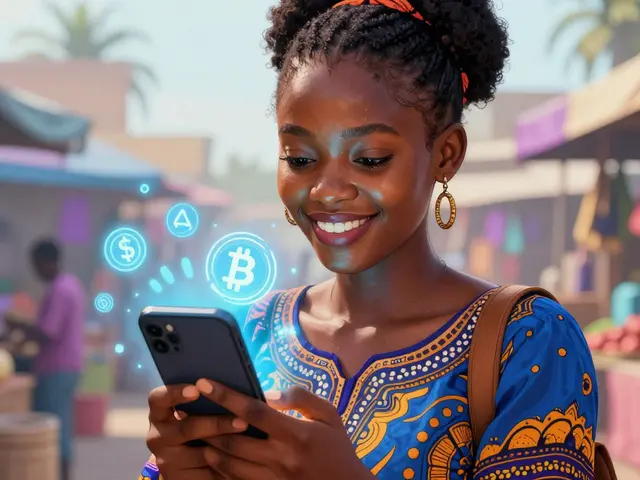Poodl Inu (POODL) is a meme coin with no team, no utility, and extreme volatility. It trades on decentralized exchanges, has minimal liquidity, and relies entirely on community hype. Not a serious investment - just a high-risk gamble.
POODL Coin: What It Is, Why It’s Risky, and What You Need to Know
When you hear about POODL coin, a low-cap meme token on the Binance Smart Chain with no official team or whitepaper. Also known as Poodle Token, it’s one of hundreds of tokens that pop up on decentralized exchanges with flashy logos and zero real-world use. Unlike coins built for payments, DeFi, or gaming, POODL coin exists mostly as a speculative bet — and a risky one at that.
It’s part of a bigger group of tokens that share the same traits: tiny market caps, no audits, no liquidity locks, and marketing that leans hard on internet culture. You’ll see the same patterns in SMOG crypto, a Solana-based meme coin with high volatility and minimal trading volume, or TERMINUS crypto, a token flagged by analysts for unclear blockchain origins and no credible development. These aren’t investments. They’re gambling chips with crypto branding. And like any casino game, the house always has the edge — especially when the token’s supply is controlled by a few wallets.
Most of these tokens rely on hype cycles. Someone creates a Telegram group, posts a meme, and pumps the price for a few hours. Then the owners cash out. That’s why you’ll find posts here about DeFi11 (D11) airdrop scams, fake airdrops that trick users into signing malicious contracts, or MM Finance (Polygon), a token with zero supply and no liquidity. POODL coin fits right in. It has no team, no roadmap, no utility — just a ticker and a dog logo. If you’re thinking of buying, ask yourself: who’s behind this? What happens if the top 5 wallets dump? Where’s the audit? The answers are almost always: no one, it crashes, and nowhere.
There’s nothing illegal about meme coins — but there’s a huge difference between playing with money you can afford to lose and thinking you’re building wealth. The posts below dig into exactly how these tokens work, what makes them dangerous, and how to spot the next one before it’s too late. You’ll find guides on airdrop scams, exchange risks, and how to read token data like a pro. None of them will tell you to buy POODL coin. But they’ll teach you why you shouldn’t — and how to protect yourself from the next one.





